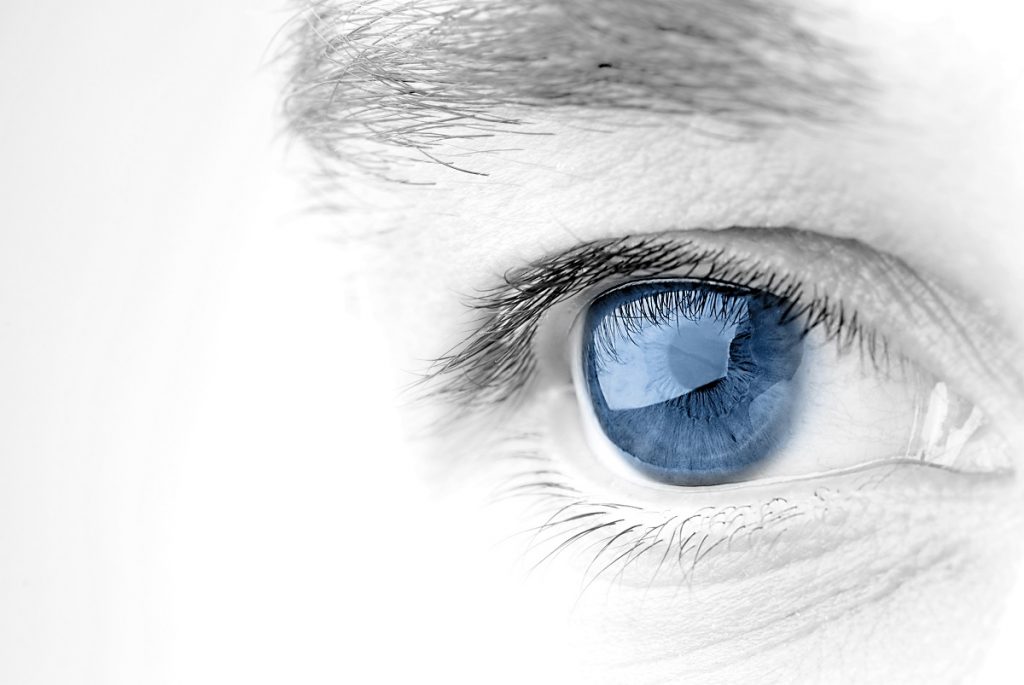Caring For Your Eyes: What to Anticipate From LASIK Recovery
While many patients scheduled to undergo corrective eye surgery by a Los Angeles LASIK surgeon are fixated on the exciting prospect of finally being able to see clearly, it is also equally important that patients are well informed about what the recovery process may look like and the steps they have to take to care for their eye health. Luckily, recovery for many patients is a generally fast process wherein they may return to most normal activities after a couple of days post-operation. On the other hand, the healing process takes a little longer, as it commonly lasts from 3 to 6 months as the patient’s eyesight betters. Taking good care of your eyes during this recovery and healing and phase is an integral part of the equation to maintain the clear sight the surgery originally gave you. As such, it is useful to know what to expect after receiving your laser eye surgery so you can be certain your eyes are complying with normal expectations and your vision is not being compromised in any way. Here’s a short but comprehensive list of what you can anticipate after your surgery.

After LASIK: the first 24 hours
- Some discomfort and slight itching and burning after the surgery is over is normal. Your surgeon will likely tell you how much pain reliever you’re allowed to take to subside this discomfort.
- After getting home, give yourself two to four hours to rest your eyes. During this time, avoid all activity that may put a strain on your eyes. Typically you will be able to return to your normal activities the following day.
- Be extra cautious to protect your eyes. Wear sunglasses when you’re outside in the sun and eye shields when in bed at night.
- You will likely experience foggy vision and other temporary side effects, such as dry eyes, halos, puffy eyelids, light sensitivity, and teary eyes. The foggy vision will eventually clear up within a couple of hours, while the other side effects should be gone in less than a week. Lastly, if the surgeon gives you eye drops to help with recovery and lubricating your eyes to combat dryness, take them as recommended.
- Call your LASIK surgeon if you begin to experience any severely painful side effects.
After LASIK: the first month
- The FDA suggests you return to the LASIK eye center where your surgeon works within the first 24 to 48 hours after surgery so they can assess your eyes and vision. This is to make sure the surgery went well and to answer any questions you may have about recovery.
- During the first week following surgery, you must avoid touching or rubbing your eyes, This is to not disturb or irritate your extremely sensitive eyes or dislodge your corneal flap as it is healing.
- At a minimum, you should typically be able to shower the day following surgery, Be extra careful to refrain any water and soap from entering your eyes.
- Help prevent any possible infections by staying away from the following for at least a week: contaminated water, such as pools, hot tubs, lakes, oceans, and rivers, eye makeup, such as eyeliner or mascara, and the application of any cream that you have to apply close to the eye.
- After the first week, you can resume exercising. However, still take some precautions. For example, if you lift weights, skip the free weights for at least a week and use machines. If you swim, be sure to use goggles. If you play contact sports, wear sports goggles for a month to reduce your chances of getting hit in the eye.
After LASIK: three to six months
- Your eyes may take slightly longer to heal if you are severely nearsighted. In this case, your doctor should inform you in detail on what recovery will look like and may have you wear glasses during the healing process.
- Schedule and attend all follow-up visits. Your eyes will still be healing and your surgeon must monitor your progress to ensure everything is going smoothly for you and your vision.
Recovery from laser eye surgery is a very involved process for both patient and surgeon. That is, in order to achieve the best vision and eye care for the patient, they must both work closely to monitor the eyes’ progress following the surgery. If you are undergoing LASIK eye surgery yourself, be sure to know what you can do to care for your eyes by following the suggestions outlined here as well as what your surgeon tells you to do. Above all, remember that there is nothing to stress out about; most patients experience a short and easy recovery, and if you ever find yourself with questions or concerns, your surgeon is a phone call away and happy to help.